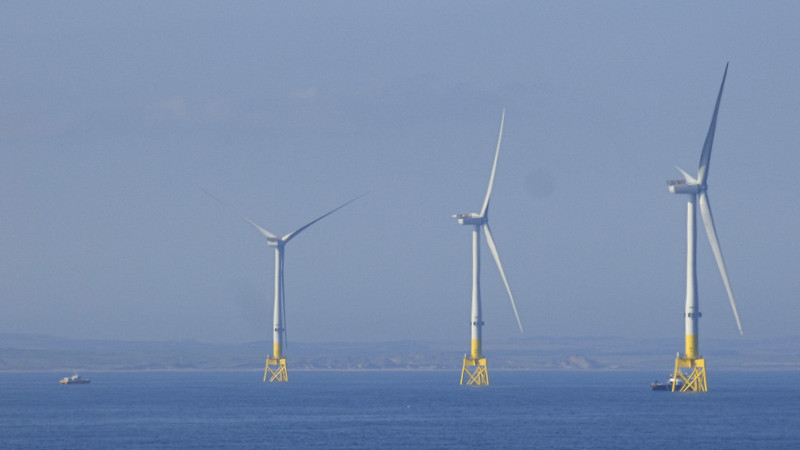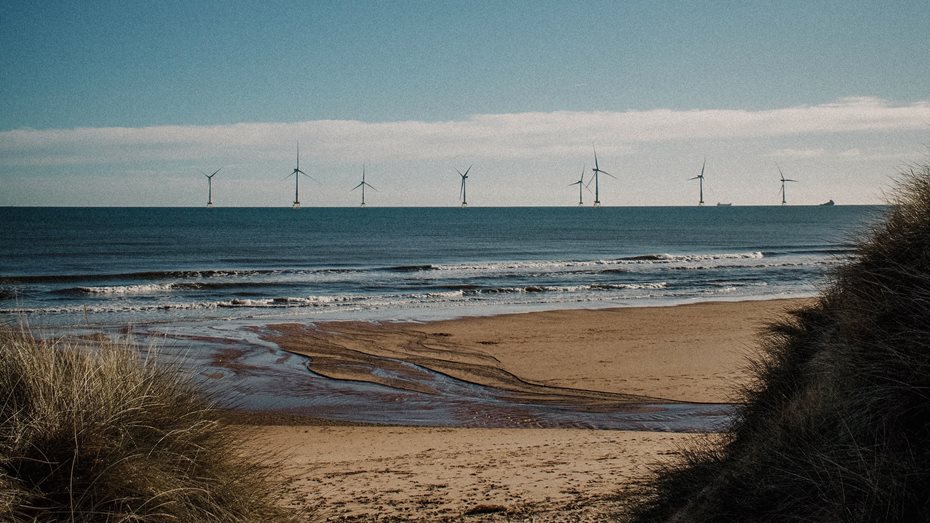The study was funded through the European Offshore Wind Deployment Centre (EOWDC) Research Programme. The EOWDC is also known as the Aberdeen Offshore Windfarm which was constructed and operated by Vattenfall.
EOWDC was awarded 40 million euros by the European Union to fund the construction of the windfarm (which has a number of innovative elements) and an associated research programme. The EOWDC is also supported by Aberdeen Renewable Energy Group (AREG).



